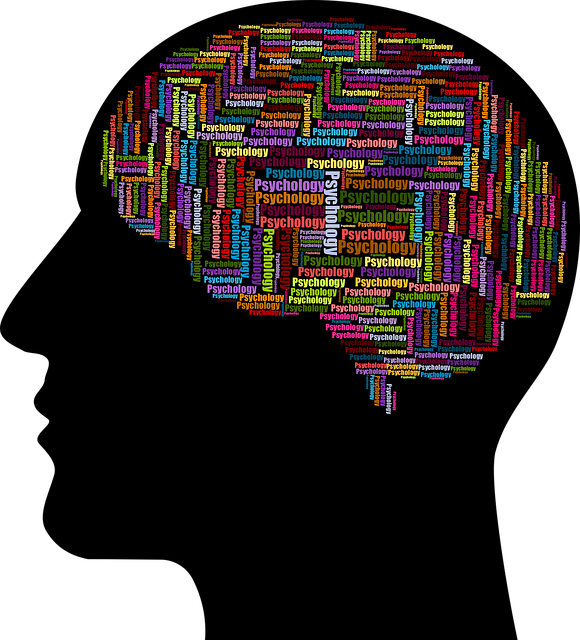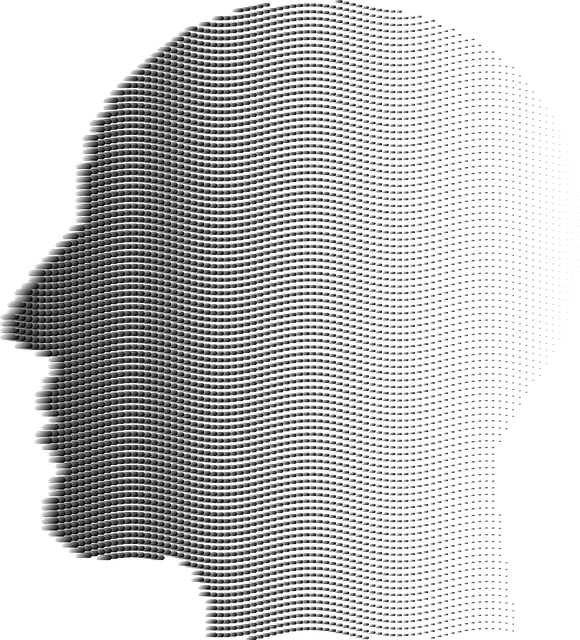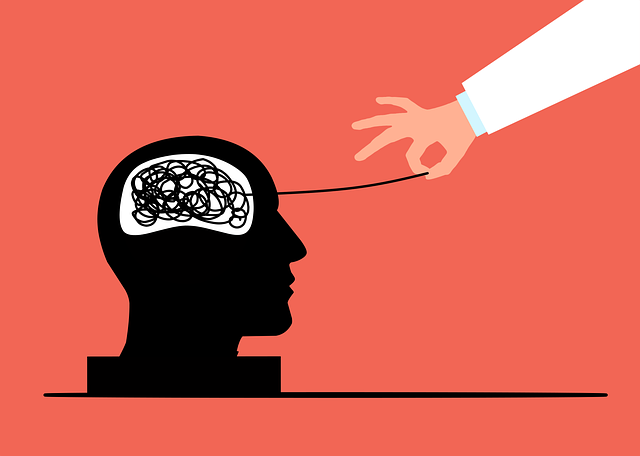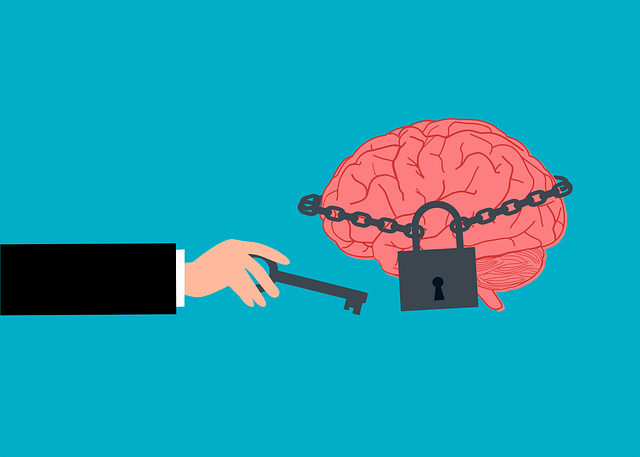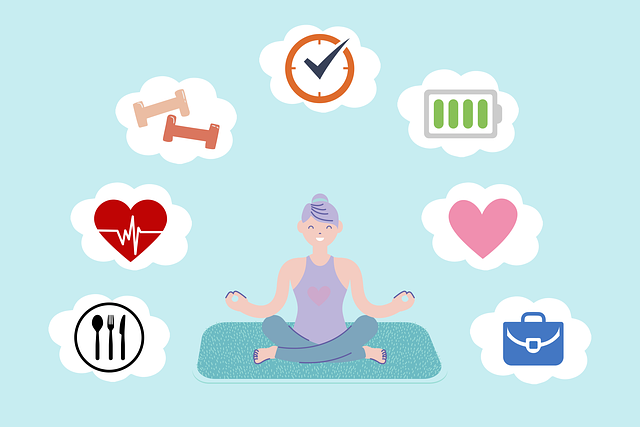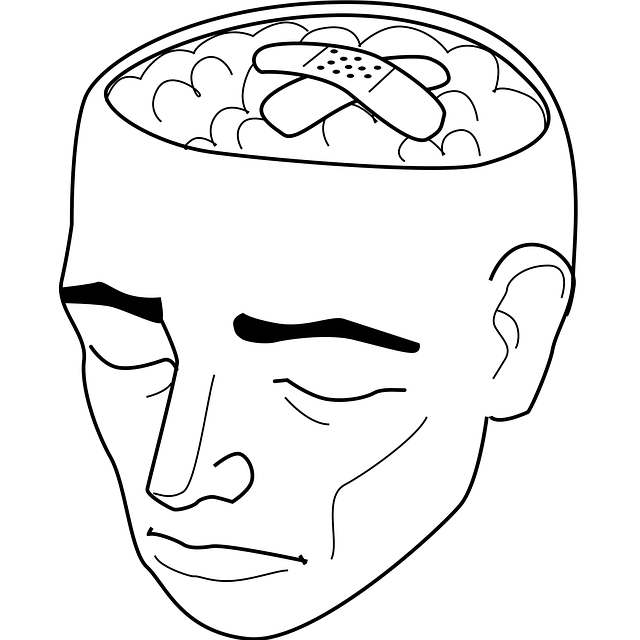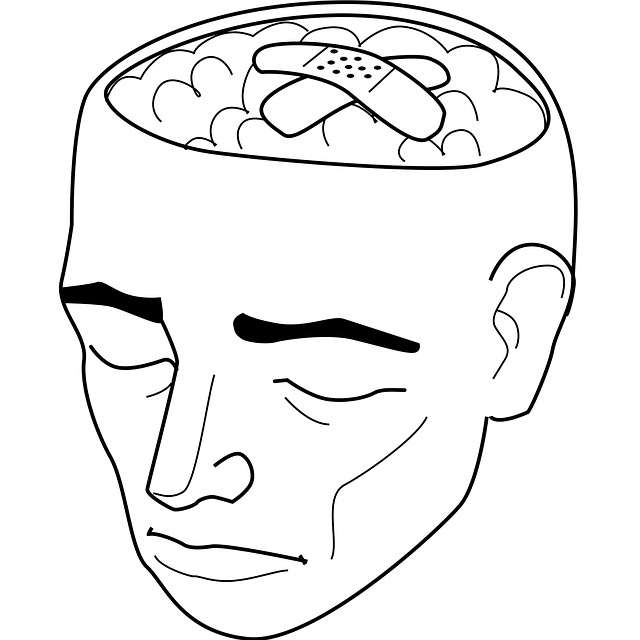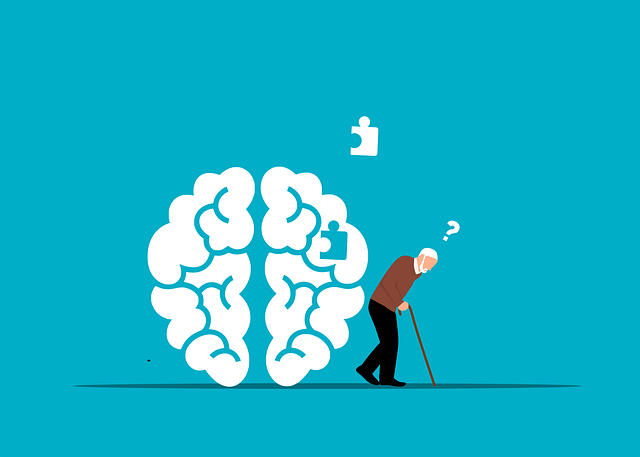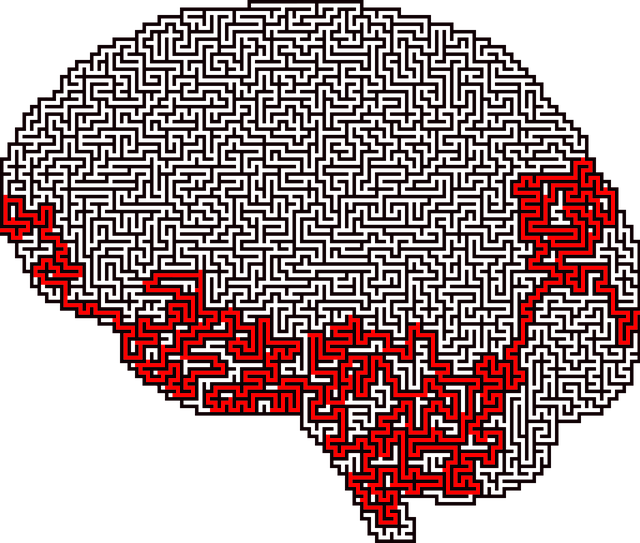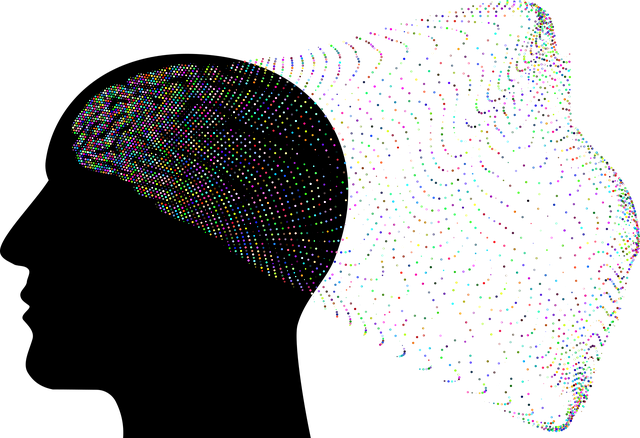Lone Tree Developmental Disability Therapy revolutionizes traditional therapy by creating innovative self-assessment tools for mental wellness. These tools empower individuals with developmental disabilities to track their emotional progress, implement coping strategies, and reduce stigma. By combining technology and evidence-based practices, the center promotes effective emotional well-being techniques, supports healthcare providers in burnout prevention, and fosters a better understanding of community needs. Their approach includes self-discovery exercises, mindfulness practices, and regular evaluations, enabling clients to actively manage their mental health and enhance their quality of life. The success of these tools is measured through various metrics, including pre-post assessments, participant feedback, and skill retention tests, ensuring continuous improvement in the field of mental wellness.
Mental wellness self-assessment tools play a pivotal role in empowering individuals to take charge of their mental health. This article explores the development of such tools, focusing on the growing need for accessible and effective assessments, particularly within therapeutic settings like Lone Tree Developmental Disability Therapy. We delve into the design process, highlight successful integration strategies, and discuss methods for measuring the impact and continuous improvement of these tools in supporting clients’ mental wellness journeys.
- Understanding the Need for Self-Assessment Tools in Mental Health
- Designing Effective Mental Wellness Self-Assessment Tools
- Integrating Self-Assessment into Therapy Practices at Lone Tree Developmental Disability Therapy
- Measuring Success and Continuous Improvement of Self-Assessment Tools
Understanding the Need for Self-Assessment Tools in Mental Health

In today’s fast-paced world, mental wellness is a cornerstone of overall health and well-being. Individuals with unmet mental health needs often face barriers to accessing traditional therapy services, whether due to stigma, lack of resources, or personal preferences for self-directed approaches. Here, the development of effective self-assessment tools plays a pivotal role in empowering individuals to take charge of their emotional well-being. These tools offer a valuable alternative or complement to professional treatment, enabling people to gain insights into their mental health status, track progress over time, and implement tailored coping strategies.
At Lone Tree Developmental Disability Therapy, we recognize the growing demand for accessible and user-friendly mental wellness assessment resources. By utilizing technology and evidence-based practices, we aim to create innovative self-assessment tools that promote emotional well-being promotion techniques, foster mental illness stigma reduction efforts, and support burnout prevention strategies for healthcare providers by equipping them with better understanding of individual needs in their communities.
Designing Effective Mental Wellness Self-Assessment Tools

Developing effective mental wellness self-assessment tools is a crucial step in empowering individuals to take charge of their emotional well-being. These tools, much like Lone Tree Developmental Disability Therapy services, play a pivotal role in guiding people towards self-discovery and personal growth. By incorporating techniques such as mental wellness journaling exercises and confidence-boosting activities, assessment tools can offer valuable insights into an individual’s emotional state, thought patterns, and overall mental health.
Effective self-assessment tools should be designed with sensitivity and inclusivity, ensuring they cater to diverse needs. For instance, some individuals might benefit from structured questionnaires while others may prefer open-ended emotional well-being promotion techniques. The goal is to create a safe space where people can honestly evaluate their mental wellness without feeling judged. This approach facilitates early intervention and encourages proactive measures for maintaining good mental health, ultimately enhancing overall quality of life.
Integrating Self-Assessment into Therapy Practices at Lone Tree Developmental Disability Therapy

At Lone Tree Developmental Disability Therapy, integrating self-assessment tools into therapy practices has become a cornerstone of their approach. These assessments allow individuals with developmental disabilities to gain a deeper understanding of their mental wellness and play a proactive role in their treatment. By incorporating techniques like mindfulness meditation and compassion cultivation practices, therapists facilitate a sense of empowerment and self-awareness among clients.
The process involves regular evaluations where individuals reflect on their emotions, behaviors, and overall well-being. This promotes a confidence-boosting mindset, enabling them to identify triggers and develop personalized coping strategies. Lone Tree Developmental Disability Therapy ensures these assessments are not just routine tasks but transformative experiences, encouraging open communication and fostering a supportive therapy environment.
Measuring Success and Continuous Improvement of Self-Assessment Tools

Measuring success and driving continuous improvement are essential aspects of developing robust mental wellness self-assessment tools. Success can be quantified through various metrics tailored to each tool’s purpose. For instance, a Self-Awareness Exercises designed for Lone Tree Developmental Disability Therapy might measure success by tracking improvements in clients’ ability to recognize and express emotions accurately over time. This could involve pre-post assessments or regular check-ins that gauge emotional awareness through standardized questionnaires or qualitative feedback.
Similarly, Mental Health Education Programs Design should aim to enhance self-management skills and knowledge. Success here can be evaluated through participant satisfaction surveys, skill retention tests, or tracking behavioral changes post-program. Positive Thinking interventions might focus on reducing stress levels and improving overall well-being, with success measured by changes in perceived stress scores or subjective reports of improved life satisfaction. Regular feedback from users and stakeholders is vital for continuous improvement, ensuring that these tools remain effective and relevant in evolving mental health landscapes.
The development of mental wellness self-assessment tools is a vital step towards empowering individuals to take charge of their mental health. As highlighted by the successful integration at Lone Tree Developmental Disability Therapy, these tools can be instrumental in early detection and intervention. By providing accessible and user-friendly assessments, we can encourage folks to regularly monitor their mental well-being, fostering proactive care. Continuous improvement, based on measured success, ensures these tools remain effective and relevant. With ongoing refinement, self-assessment becomes a powerful ally in the global effort to enhance and sustain mental wellness.
